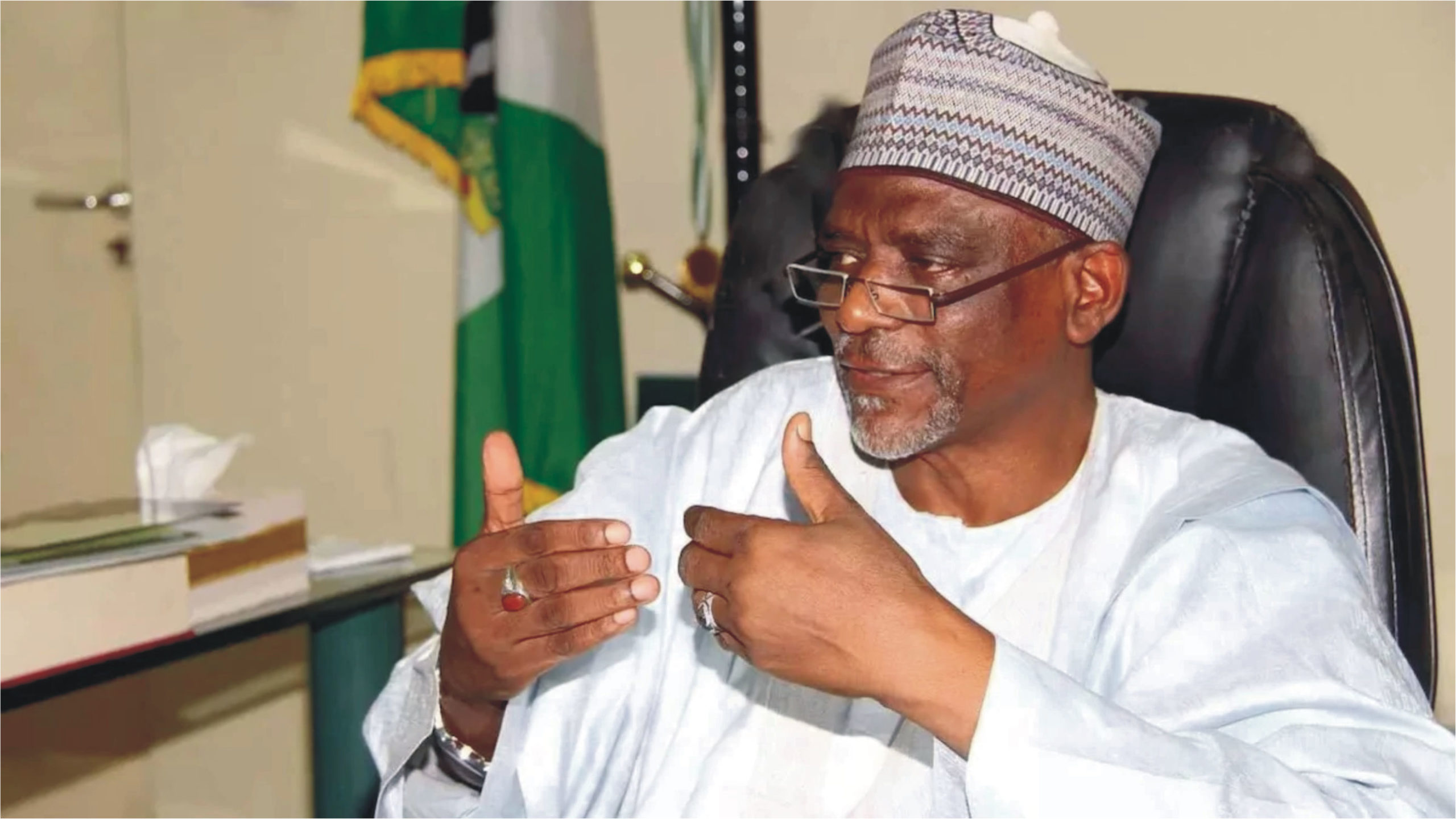Recurrent, capital expenditures got N2.95trn, N374.28bn *Nigeria yet to meet UNESCO benchmark of 26% *Experts call for increase in education budget
That Nigeria’s education sector has been falling has been evident over the years.
The federal government’s low budgetary allocation to the education sector in the past six years might make it difficult for the country to bridge the current challenges bedeviling the sector, experts have said.
Investigation revealed that the Federal Ministry of Education received the sum of N3.56 trillion in the last six years, spanning from 2016 to 2021, with not much to cheer.
Despite the importance of the sector in the nation’s development, the federal government only allocated a small portion of the total budget to the sector, against the United Nations Educational Scientific and Cultural Organisation (UNESCO) suggestion that developing countries’ budgetary allocation for education should be 26 per cent.
This has necessitated calls from stakeholders, demanding for an increase in the budget for education to meet international standards.
Sadly, most allocations ended up in recurrent expenditure, leaving a fraction for capital expenditure.
It was gathered that recurrent expenditure got about N2.95trillion while capital expenditure got only N374.28billion in the years in question.
President Muhammadu Buhari, addressing the Global Education Summit on Financing Global Partnership Education (GPE) 2021-2025 in London, recently, said his administration would ensure that total education spending increased by 50 per cent over the next two years and up to 100 per cent within the next five years (2021- 2025).
However, failure to implement this has led to the belief that the education sector is lagging due to the challenges of poor funding, poor policy articulation or implementation, decay in infrastructure and incessant strikes by university and polytechnic teachers, among others.
Percentages of Nigerian education budgets between 2016 and 2021 show that Nigeria has not significantly impacted on education as a sector to influence national development. The 26 per cent benchmark by UNESCO is a far cry in Nigeria and in most sub-Saharan African countries.
Despite the deplorable state of public tertiary institutions in the country, recurrent expenditure has continued to rise over the years while spending on development projects and other machinery has continued to dwindle for the past six years.
Buhari recently presented the 2022 aggregate expenditure projected to be N16.39trillion which is 12.5 per cent higher than the 2021 budget. A breakdown of the budget shows that education was allocated N1.29trillion, representing only 7.9 per cent.
The global organisation recommended that developing nations give up to 26 per cent of their annual budget to public education, to enable nations to adequately cater for rising education demands. Sadly, Nigeria’s allocation to the sector has been hovering around 10 per cent over the years.
Meanwhile, a comparative analysis of the education budget from 2016-2021 shows disparity in allocations for capital and recurrent expenditure despite the fact that Nigerian universities are grappling with the challenge of basic infrastructure.
In 2016, for instance, of the total budget of N6.06 trillion, the sum of N369.6 billion, representing 6.7 percent of the budget, was allocated to public education in the country. Meanwhile, N37 billion (7.7 per cent) was allocated to capital expenditure while N445 billion (92.3 per cent) was allocated to recurrent expenditure.
In 2017, N550 billion, representing 7.38 per cent, was allocated to education out of the N7.29 trillion budget. However, N398 billion (88.8 percent) was allocated to recurrent expenditure and N50billion (11.2 per cent) allocated to capital spending.
Similarly, in 2018, N605.8billion, representing 7.04 per cent, was given to education out of the N9.2trillion budget. N435.1billion was, however, allocated for recurrent expenditure while N61.73billion was for capital expenditure and N109.06billion for the Universal Basic Education Commission (UBEC).
That notwithstanding, in 2019, N620billion, representing 7.05 per cent, was allocated to education out of the budget of N8.92 trillion. However, a sum of N539,689,537,187 was budgeted for personnel costs in the education ministry, N33,522,298,519 for overhead, and N47,291,333,322 for capital expenditure.
In the year 2020, out of the N671.07billion, constituting 6.7 percent, allocated to Federal Ministry of Education in the national budget, N490.2 billion went to recurrent expenditure while N50.95b was allocated to capital expenditure.
Nigeria also budgeted 6.3 per cent of its 2021 national budget on the Federal Ministry of Education. A sum of N742.5billion out of the total N11.7trillion budget was allocated to the ministry out of which N615.1billion was proposed for recurrent expenditure, covering personnel and overhead costs, while only N127.3 billion is devoted to capital expenditure.
Reacting, the executive director, Centre for Human Rights and Civic Education (CHRICED), Dr Zikirullahi Ibrahim, said the low budgetary allocation to education over the years in question attests to the fact that education is not one of the priorities of the current crop of political elite.
He said the lack of real investment in the education sector is a manifestation of the current APC regime’s failed promises to the Nigerian people.
“This is apparent in the crisis of high numbers of out of school children roaming the streets of Nigeria.
“The education sector from primary to tertiary level has been in crisis and the current government has continued to pay lip service to the sector,” he added.
READ ALSO: Nigeria: Turning Kogi State Into an Investment Destination
On his part, an economist, Julius Moji, lamented that Nigeria has not met up with UNESCO’s recommendation as the education budget has never crossed 10 per cent.
He called on the government to implement the 26 per cent budgetary requirement for education approved by UNESCO, saying doing so will address most problems facing the sector.
He said, “The inability of our dear nation to fund education properly, at least with 26 per cent budgetary allocation as recommended by UNESCO, has reduced our institutions to mere glorified secondary schools where students only attend to gain or upgrade ideas instead of learning a profession.”














